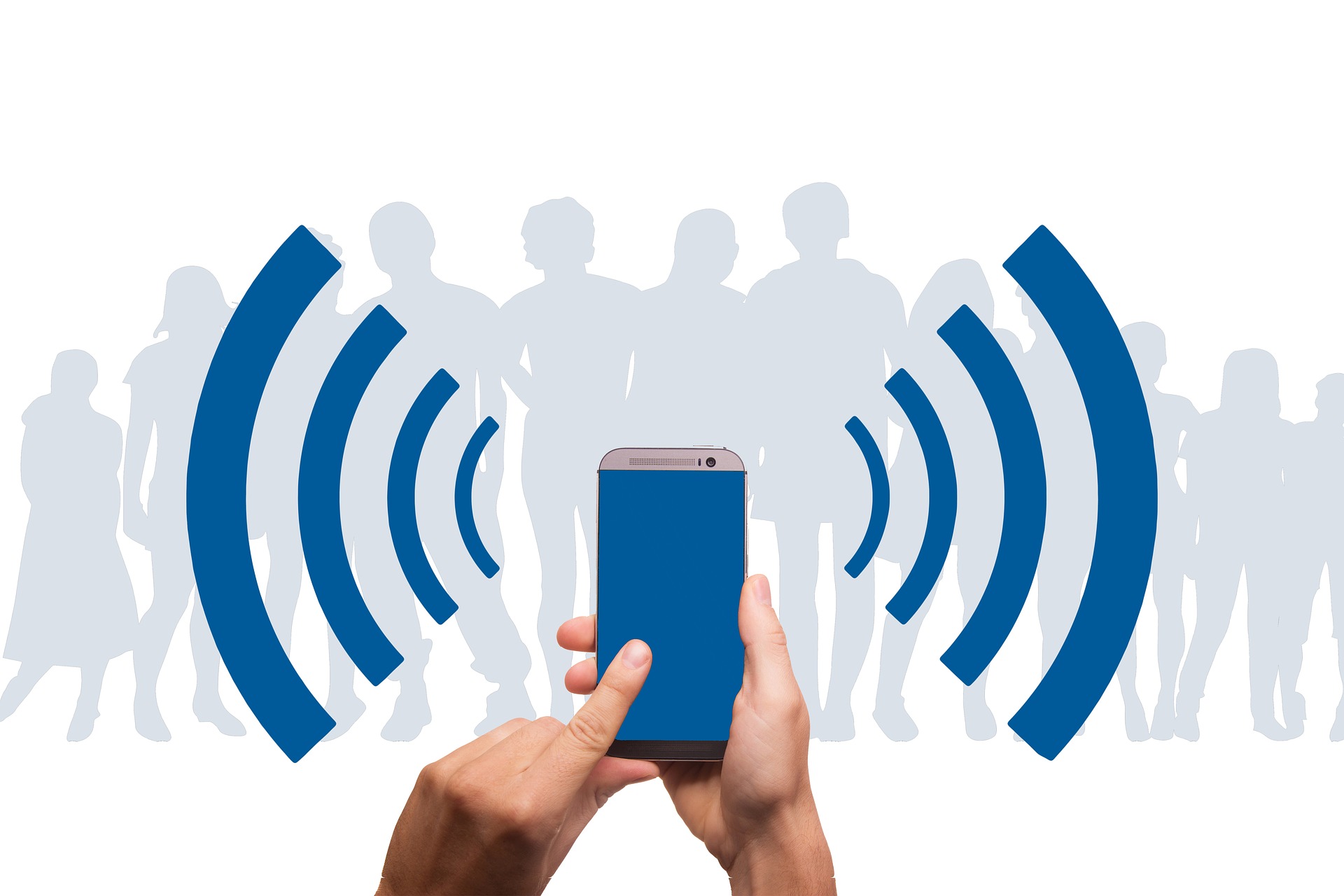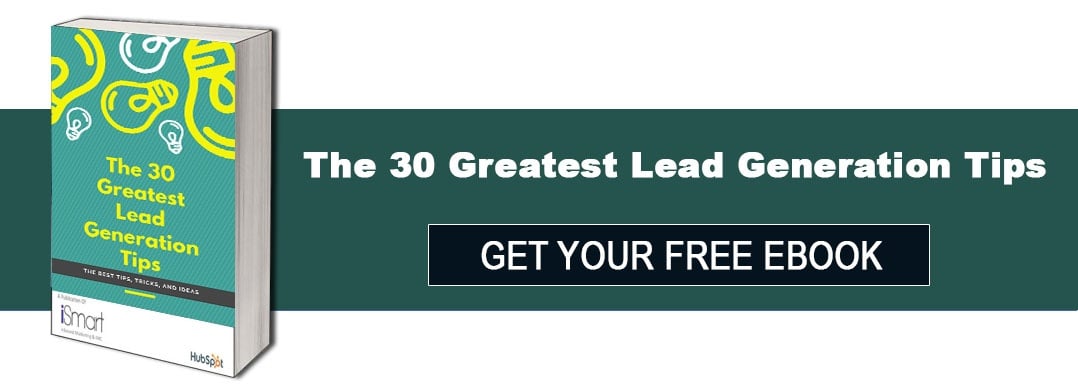
3 Simple Strategies to Create More Attractive YouTube Advertisements
September 25, 2025
4 Common Pitfalls in Lead Generation and How to Prevent Them
September 25, 2025
Traditional marketing alone is not effective in modern day anymore.
Traditional marketing is defined when consumers have potential brands in mind and marketing is then directed towards them and move them through that “funnel” until they decide on a brand they choose to go with.
The consumer is changing. Today, this old concept does not work for the increasingly discerning, well-informed consumer. Consumers are empowered to make buying decisions. The increasing importance and constant evolution of digital marketing have made it more critical as part of any business marketing strategy, as propelled by the rise of social networks like Twitter and Facebook.
Loud advertising does not work for consumers now. They will block out the radio or TV whenever advertisements come on. They are against cold calling, print ads or any form of print marketing collaterals.
Consumers are getting more savvy. More of them know where and how to get the information they want at the time that they need them. Therefore, they dismiss messages that are irrelevant to their current train of thought. Consumers are checking out product information in their own way (these days most information can be found on the Internet!), and other sources such as word-of-mouth or customer reviews.
The new era of marketing is largely due to the rise of digital marketing. Right now, distributing high-value content like eBooks, infographics, articles, and blog posts get picked up by consumers. These various forms of content, in line with a targeted campaign, will most likely resonate with a specified target audience that encourage them to share and distribute to other like-minded audience.
To focus solely on traditional marketing would be expensive, especially if you are a smaller company looking to spread awareness about your business. And if it doesn’t work out well for you, a whole chunk of marketing budget is wasted. On the other hand, inbound marketing focuses on electronic communication, which allows you to send emails, publish blog posts and offer content for only a fraction of the cost of radio or television ads.
Traditional marketing cannot stand alone; it has to be merged with digital marketing one way or another.
Online ads can deliver a message quickly and efficiently to the audience on social media and networks, while offline ads such as television ads can deliver a message to offline audiences. Not every person is online, hence it is important for marketers to combine both to get the best results.
Some examples that integrate both traditional and digital marketing together:
- Combine Email and Direct Mail Marketing
In the traditional way of marketing, direct marketing includes mailing out fliers and letters to prospects and customers. In digital marketing, emails are sent out to interested parties.
By connecting with consumers using email as well as direct mail marketing, marketers are able to enhance reach and outcome.
- Ask Your Sales Team to Follow Up
There may be forms used on websites that collect customer information, especially for inbound marketing. These group of people are signing up to access gated content that are valuable to them, such as an eBook or a whitepaper.
Your sales team can follow up with these contacts by reaching out to them over the phone or through email after they have submitted the form.
- Advertising Events Online
Social media is a great medium for promoting an event. For example, you can create an actual event page on Facebook and invite people to attend. After the event, you can reach out to participants on social platforms like Twitter and Facebook. Additionally, you may also create hashtags for the event to help get it trending.
It’s important to remember that traditional and digital marketing are meant to complement each other. Marketers should tap on the strengths of both methods in order to maximize their marketing efforts and get the best result from their campaigns.



